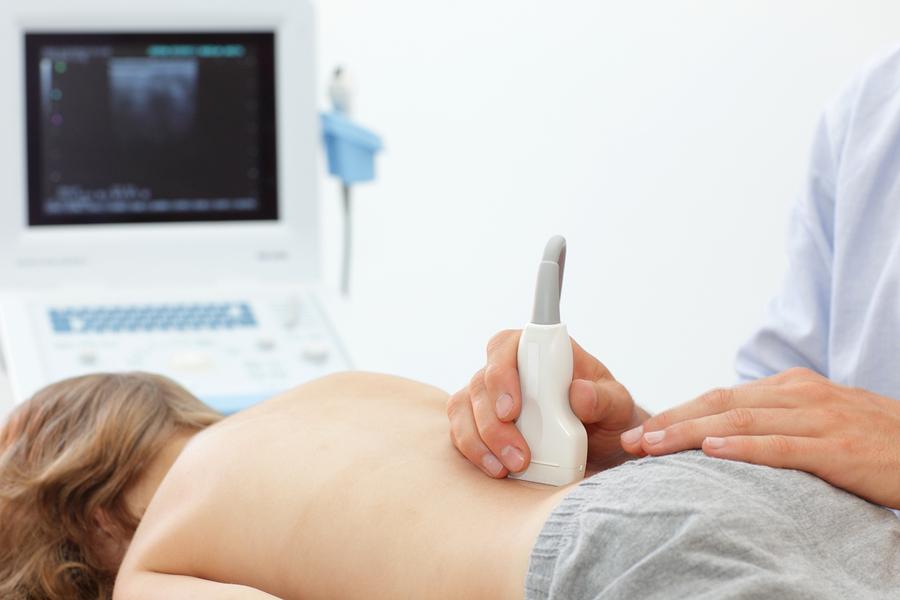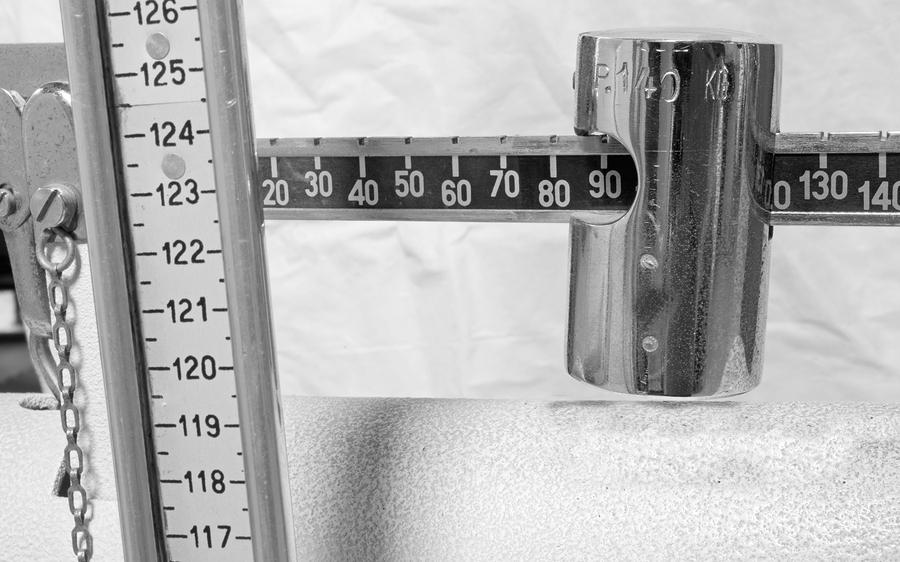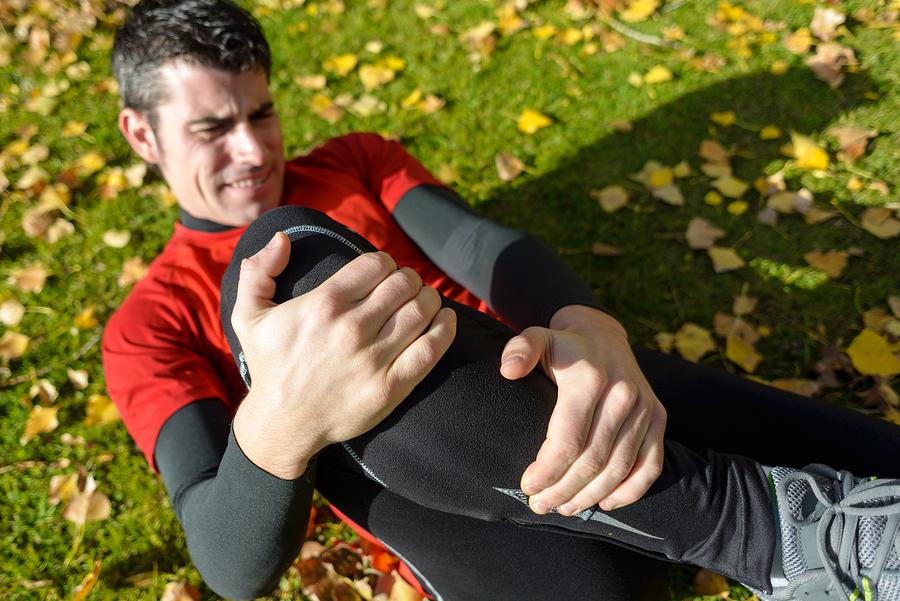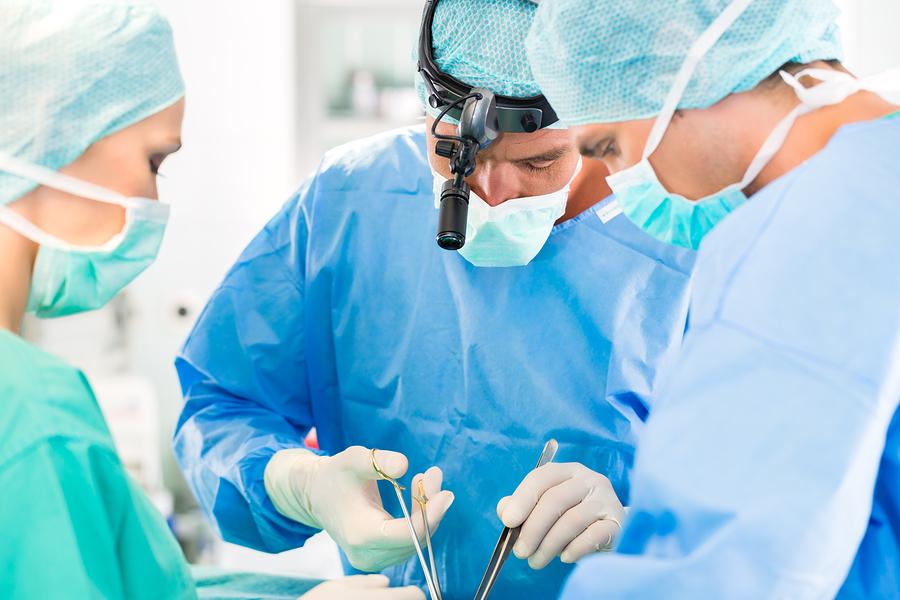Fiber Optic Technology and Surgery
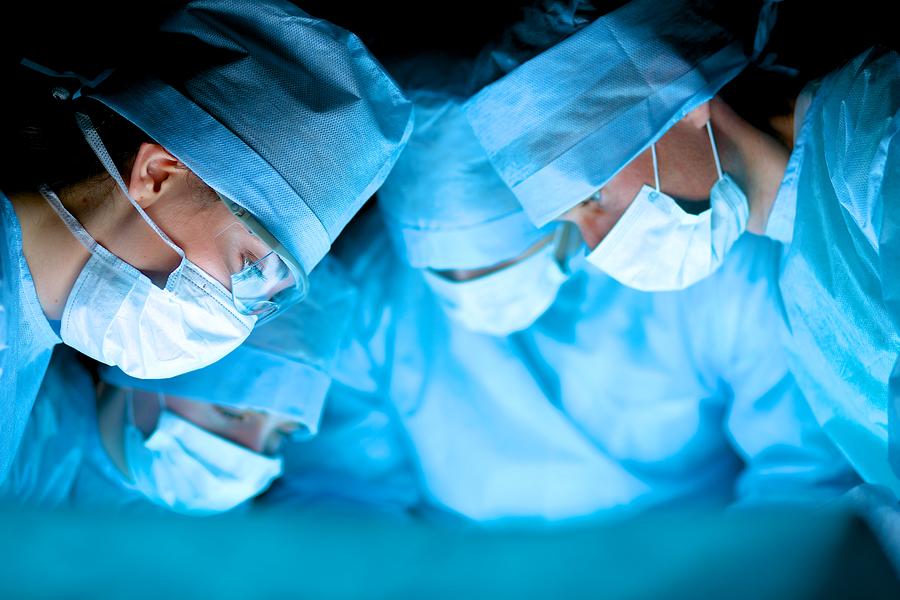
Ultrasonography and Orthopedic Diagnosis
Ultrasonography is the practice of being able to visualise areas inside the body by using ultrasonic pulses. This is of course great for various medical purposes, such as those that fall into the category of orthopedics.
What Does it Take to Be an Orthopedic Surgeon?

Read more
Lose the Weight for a Better Surgical Outcome
We all know that keeping an eye on our weight is one of the best things we can do to maintain optimum health. This is not only because of the health benefits associated with a lower weight but also because extra weight can place additional strains on our bodies. This is especially true when considering surgical outcomes and it is now confirmed that patients who are obese are more likely to experience post-surgery complications.
Tibia Fractures in Sports
As we explored in a previous blog post treating an athletic injury can be a tricky undertaking. Whether the injury is extreme or not so serious, it is still essential to follow a strict treatment plan.
Read more
Robotics and the Future of Orthopedics
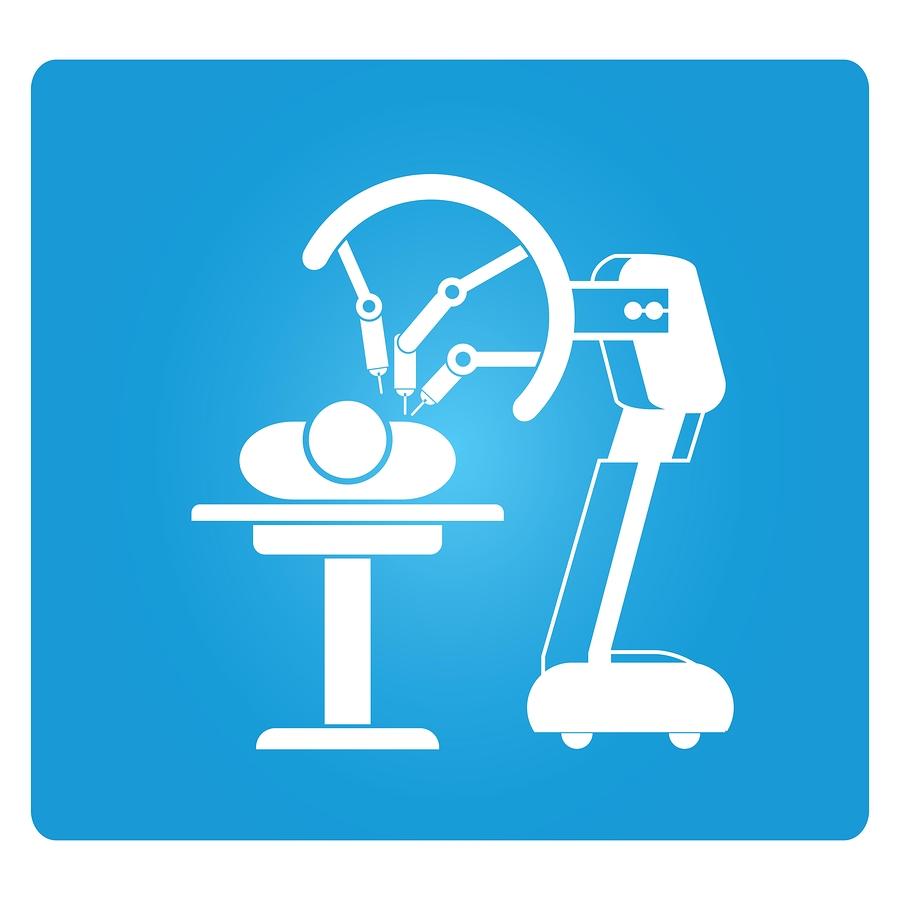
In fact, there are already two robotic orthopedic surgeons in Southwest Louisiana that can now conduct certain surgeries. It is believed that the expertise of these robots means they are able to operate with an amazing level of precision that is just not possible for human surgeons to achieve. These robots have been labelled as RIO (Robotic Arm Interactive Orthopedic System) and are the creation of Stryker Orthopaedics. At the present time, they are only being involved in hip and knee replacements. However, the results so far have been fantastic and there is of course the potential that they could expand this involvement to other surgeries soon.
The Future of Medicine
It is true to say that the future of medicine depends on those who are currently studying it! The medical professionals of tomorrow are still being molded into the life-saving people they will become and they have a great deal of innovation to bring to the table. Medicine is a field that is constantly changing as new techniques, procedures and medications are discovered and invented.
Preventing Surgical Site Infections
A surgical site infection is something that can strike following absolutely any surgery! When this issue is experienced an infection will develop in the particular place on the body that the surgery took place.
Read more
PET predicts outcomes for patients with cervical spinal cord compression - Metabolic activity in spine indicates optimal time for surgery
For patients with degenerative cervical myelopathy, imaging with 18F-FDG positron emission tomography (PET) could act as a marker for a potentially reversible phase of the disease in which substantial clinical improvement can be achieved...





